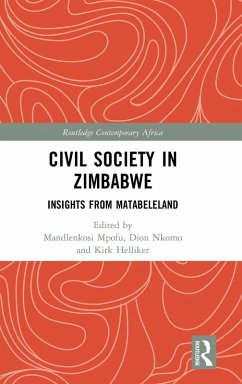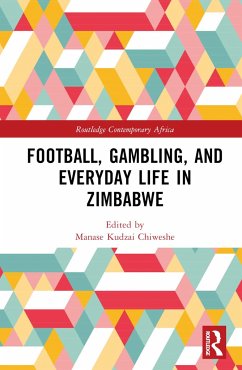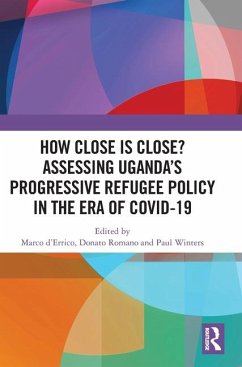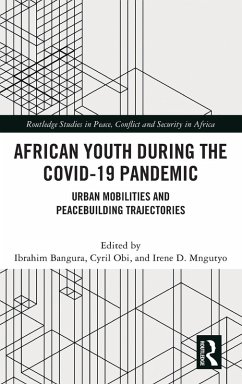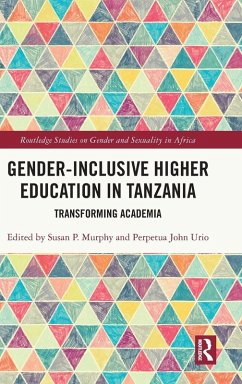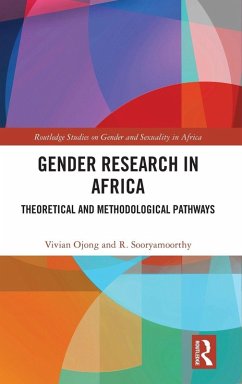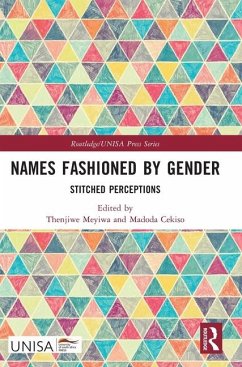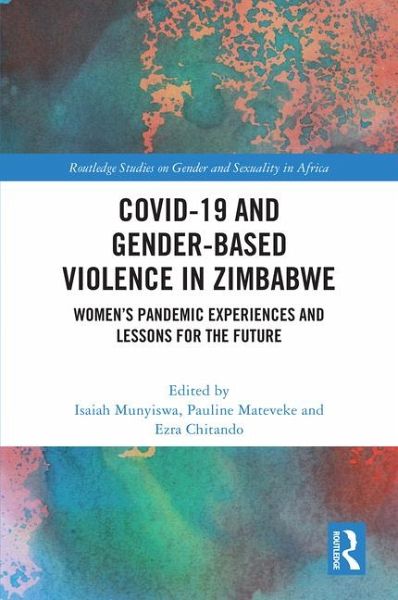
COVID-19 and Gender-Based Violence in Zimbabwe
Women's Pandemic Experiences and Lessons for the Future
Herausgeber: Munyiswa, Isaiah; Chitando, Ezra; Mateveke, Pauline
Versandkostenfrei!
Versandfertig in 1-2 Wochen
169,99 €
inkl. MwSt.
Weitere Ausgaben:

PAYBACK Punkte
85 °P sammeln!
This book investigates the experiences of women in Zimbabwe facing COVID-19 and GBV, arguing that the insights from this extremely tough period could be used as a springboard for positive legal, cultural and policy changes. The book will interest policymakers and researchers of gender, public health, philosophy, sociology, and politics.






